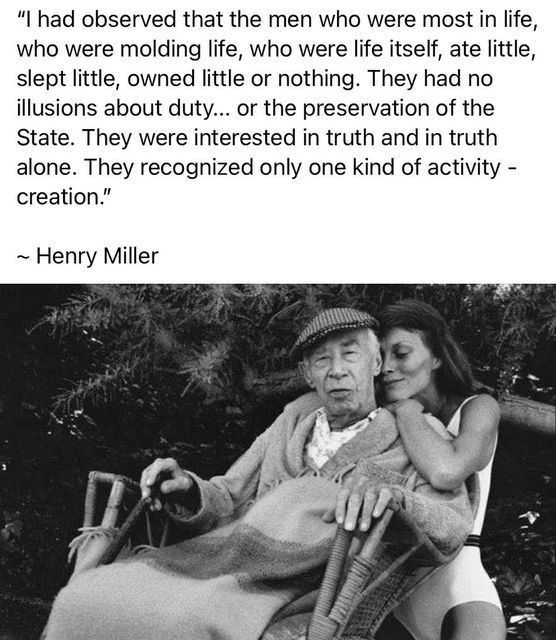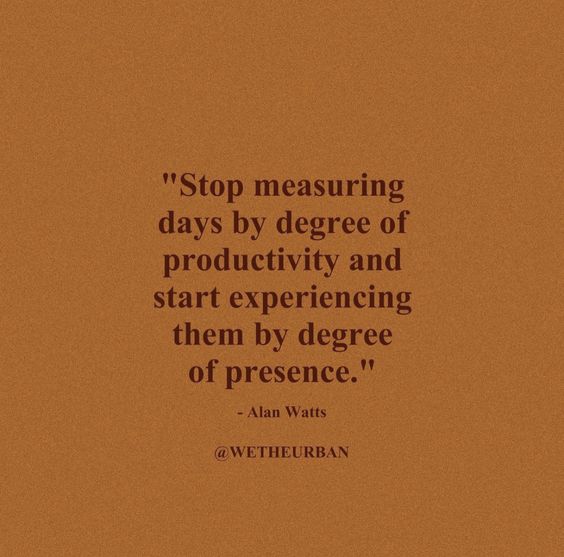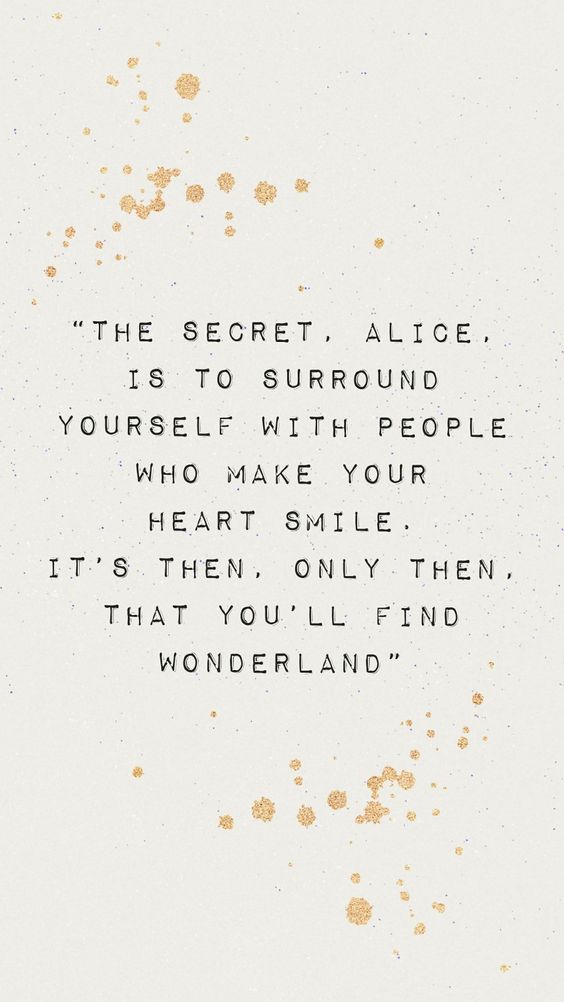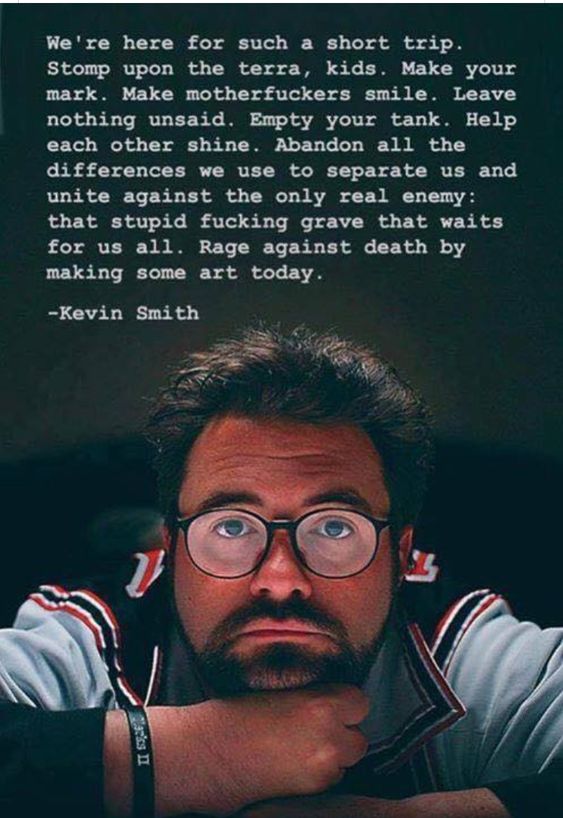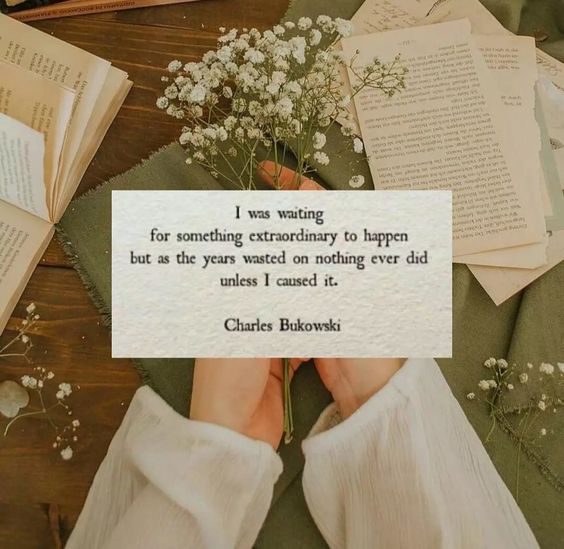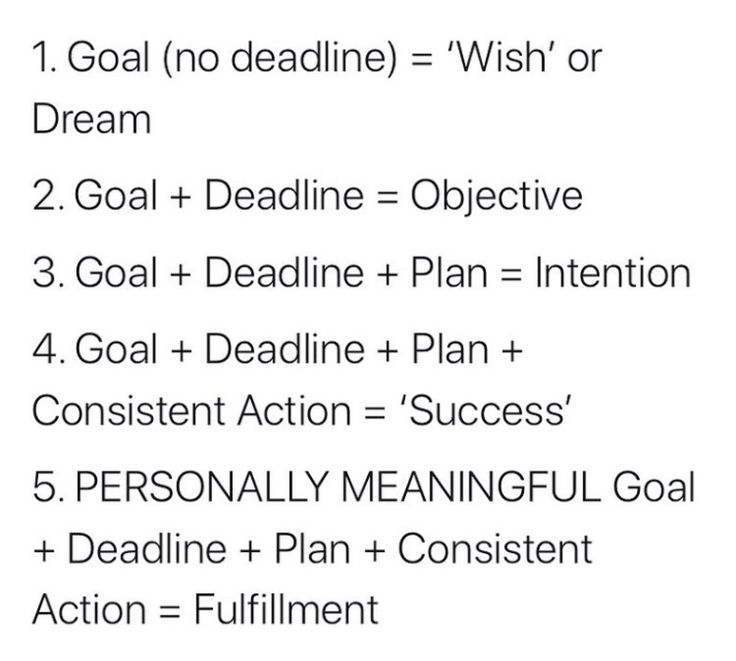“Great song is possible, great richness is possible, but one has to start exploring. And the best way to explore the song of one’s life is to love; that is the very methodology. Just as logic is the methodology of science, love is the methodology of the spirit. Just as logic makes you capable of going deeper and deeper into matter, love makes you capable of going deeper and deeper into consciousness. And the deeper you go, the deeper songs are released. When one has reached the very core of one’s being, the whole of life becomes a celebration, an utter celebration.”
Osho, Everyday Osho (Page 215)
“We can’t visit every place or meet every person or do every job, yet most of what we’d feel in any life is still available. We don’t have to play every game to know what winning feels like. We don’t have to hear every piece of music in the world to understand music. We don’t have to have tried every variety of grape from every vineyard to know the pleasure of wine. Love and laughter and fear and pain are universal currencies. We just have to close our eyes and savour the taste of the drink in front of us and listen to the song as it plays. We are as completely and utterly alive as we are in any other life and have access to the same emotional spectrum. We only need to be one person. We only need to feel one existence. We don’t have to do everything in order to be everything, because we are already infinite. While we are alive we always contain a future of multifarious possibility.”
Matt Haig, The Midnight Library (Page 277)
“She might have missed those particular opportunities that led her to become an Olympic swimmer, or a traveller, or a vineyard owner, or a rock star, or a planet-saving glaciologist, or a Cambridge graduate, or a mother, or the million other things, but she was still in some way all those people. They were all her. She could have been all those amazing things, and that wasn’t depressing, as she had once thought. Not at all. It was inspiring. Because now she saw the kinds of thing she could do when she put herself to work. And that, actually, the life she had been living had its own logic to it. What sometimes feels like a trap is actually just a trick of the mind. She didn’t need a vineyard or a California sunset to be happy. She didn’t even need a large house and the perfect family. She just needed potential. And she was nothing if not potential.”
Matt Haig, The Midnight Library (Page 269)
“To fear love is to fear life, and those who fear life are already three-parts dead.”
Bertrand Russell, via The Midnight Library (Page 36)
The Midnight Library [Book]
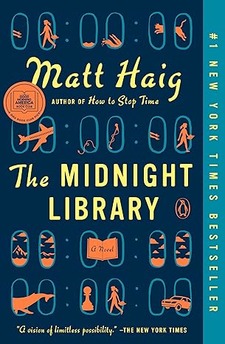
Book Overview: Somewhere out beyond the edge of the universe there is a library that contains an infinite number of books, each one the story of another reality. One tells the story of your life as it is, along with another book for the other life you could have lived if you had made a different choice at any point in your life. While we all wonder how our lives might have been, what if you had the chance to go to the library and see for yourself? Would any of these other lives truly be better? In The Midnight Library, Matt Haig’s enchanting blockbuster novel, Nora Seed finds herself faced with this decision. Faced with the possibility of changing her life for a new one, following a different career, undoing old breakups, realizing her dreams of becoming a glaciologist; she must search within herself as she travels through the Midnight Library to decide what is truly fulfilling in life, and what makes it worth living in the first place.
“Fall in love with some activity, and do it! Nobody ever figures out what life is all about, and it doesn’t matter. Explore the world. Nearly everything is really interesting if you go into it deeply enough. Work as hard and as much as you want to on the things you like to do the best. Don’t think about what you want to be, but what you want to do. Keep up some kind of a minimum with other things so that society doesn’t stop you from doing anything at all.”
Richard Feynman
“There are those who think of the meaning of life as resembling the answer to a riddle. One searches for years, and then some bright day one finds it, like the prize at the end of a treasure hunt. It is a profoundly misleading notion. The meanings in any life are multiple and varied. Some are grasped very early, some late; some have a heavy emotional component, some are strictly intellectual; some merit the label religious, some are better described as social. But each kind of meaning implies a relationship between the person and some larger system of ideas or values, a relationship involving obligations as well as rewards. In the individual life, meaning, purpose and commitment are inseparable. When one succeeds in the search for identity one has found the answer not only to the question ‘Who am I?’ but to a lot of other questions too: ‘What must I live up to? What are my obligations? To what must I commit myself?'”
John W. Gardner, Self-Renewal (Page 103)
“Most of us are frightened of dying because we don’t know what it means to live. We don’t know how to live, therefore we don’t know how to die. As long as we are frightened of life we shall be frightened of death. The man who is not frightened of life is not frightened of being completely insecure for he understands that inwardly, physiologically, there is no security. When there is no security there is an endless movement and then life and death are the same. The man who lives without conflict, who lives with beauty and love, is not frightened of death because to love is to die.”
J. Krishnamurti, Freedom From The Known (Page 73)
“Have you ever noticed that when you respond to something totally, with all your heart, there is very little memory? It is only when you do not respond to a challenge with your whole being that there is a conflict, a struggle, and this brings confusion and pleasure or pain.”
J. Krishnamurti, Freedom From The Known (Page 36)
“I beg you, to have patience with everything unresolved in your heart and to try to love the questions themselves as if they were locked rooms or books written in a very foreign language. Don’t search for the answers, which could not be given to you now, because you would not be able to live them. And the point is to live everything. Live the questions now. Perhaps then, someday far in the future, you will gradually, without even noticing it, live your way into the answer.”
Rainer Maria Rilke, Letters to a Young Poet
“The only victory lies in surrender to oneself.”
Sheldon B. Kopp, If You Meet Buddha On The Road, Kill Him! (Page 224)
“The more you are in the head, the more the heart contracts. When you are not in the head, the heart opens like a lotus flower… and it is tremendously beautiful when it opens. Then you are really alive, and the heart is relaxed. But the heart can only be relaxed in trust, in love. With suspicion, with doubt, the mind enters. Doubt is the door of the mind; doubt is the bait for the mind.”
Osho, Everyday Osho (Page 117)
